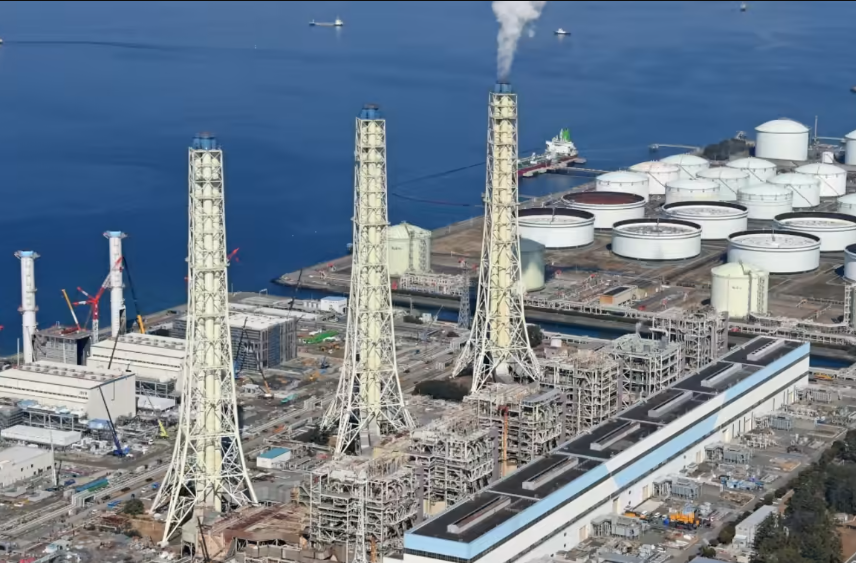South Africa, the continent’s biggest greenhouse gas emitter, has announced plans to increase its renewable energy capacity by 10 gigawatts (GW) to address its chronic power shortages.
President Cyril Ramaphosa said on Wednesday at the UN Climate Summit that the country has a pipeline of green energy projects in various stages of development, as part of its commitment to a just transition to a low-carbon economy.
South Africa relies heavily on coal for its electricity generation, which accounts for about 80% of its energy mix. The country has been struggling with frequent power cuts, known as load shedding, due to ageing and poorly maintained coal-fired plants.
The government has been under pressure to diversify its energy sources and reduce its carbon footprint, as it faces the impacts of climate change such as droughts, floods, and heatwaves.
Ramaphosa said South Africa has abundant solar and wind resources, as well as significant reserves of critical minerals, which position it to be a leader in renewable energy, green hydrogen, and sustainable industrialisation.
He also said the country has established a just transition framework to ensure that climate action adheres to the principles of procedural, restorative, and distributive justice.
“We are committed to building resilience to the impact of climate change and reducing our emissions in ways that are appropriate to our national circumstances and development pathways,” he said.
The Department of Mineral Resources has been processing applications for renewable energy projects, especially in the coastal provinces of Eastern Cape, Western Cape, and Northern Cape, where the grid capacity needs to be expanded to accommodate them.
Minister Gwede Mantashe said at the weekend that some of the projects could not be allocated in the last round of bid windows because of a lack of transmission lines.
He and Electricity Minister Kgosienstho Ramokgopa want to increase the grid infrastructure to connect more renewable energy projects.
South Africa has pledged to reduce its greenhouse gas emissions by 28% by 2030, compared to a business-as-usual scenario, under its nationally determined contribution to the Paris Agreement.
The country is also seeking financial and technical support from developed countries to help it achieve its climate goals and mitigate the social and economic costs of the transition.
Ramaphosa said South Africa sees new opportunities for green growth and development as it implements its ambitious climate plan.
He also met with business leaders from the US and other countries on the sidelines of the UN summit to attract investments in the green economy.
Source: Independent Online



